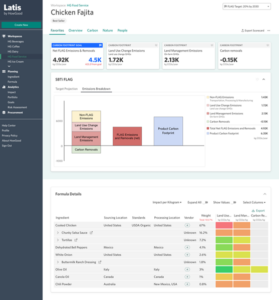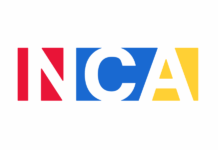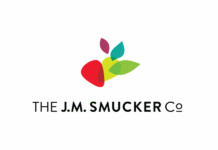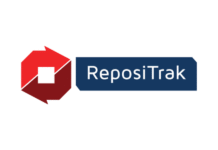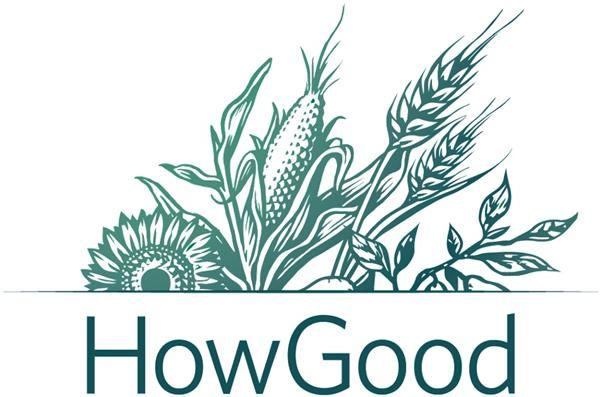
With HowGood’s Latis platform, the world’s largest food ingredient sustainability database, the Company will help the food industry track, report, and reduce land sector emissions.
STONE RIDGE, N.Y., Sept. 26, 2023 (GLOBE NEWSWIRE) — Today, HowGood, a sustainability intelligence platform with the world’s largest ingredient and product sustainability database, announced a new product offering in advance of updates to FLAG (Forest, Land, and Agriculture), a set of guidelines established by the Science Based Targets initiative (SBTi). The new FLAG emissions dashboard from HowGood is now available in their SaaS platform, Latis, for food and beverage companies to establish accurate emissions baselines and set strategies to continuously improve their environmental impact.
SBTi’s FLAG guidance provides the world’s first standard method for companies in land-intensive sectors to set targets specific to their land-based emissions reductions and removals. Companies that have, or plan to set, science-based targets will be required to set a FLAG target, pending the release of the GHG Protocol Land Sector and Removals (LSR) Guidance. The updated SBTi FLAG guidance will especially impact companies in the food industry, which is responsible for up to a third of overall global emissions but also holds vast opportunity for carbon sequestration and removals. Alignment with this guidance is instrumental to reaching the established goal of limiting global warming to 1.5°C.
HowGood’s FLAG dashboard will distill a company’s FLAG target into actionable brand- and product-level goals. Drawing from HowGood’s database of crop- and location-based emission factors for over 33,000 ingredients, customers will establish a granular emissions baseline across the three FLAG categories (Land Management, Land Use Change, and Carbon Removals). Companies can then discover their most carbon-intensive ingredients and specific product contributions, then model alternative sourcing and formulation scenarios on the brand, category, or even product level to determine the most effective pathways to reducing emissions. Integrating seamlessly into R&D and Procurement workflows, FLAG targets become shared across teams, allowing efficient, sustainability-driven decision making across the organization.
“The land sector harnesses the most efficient and effective nature-based solutions for removing and storing carbon. Reducing deforestation is one of the most critical climate change mitigation activities that we as the food industry have,” said Ethan Soloviev, Chief Innovation Officer at HowGood. “We are inspired by what FLAG offers to more accurately measure greenhouse gas emissions in line with scientific standards, and excited for what Latis can do to bring an action-oriented tool to those working hard to not only measure, but reduce land-sector emissions.”
HowGood’s FLAG emissions dashboard is built within their holistic sustainability intelligence platform, Latis, which draws on over 600 accredited data sources to assess the social and environmental impact of more than 33,000 ingredients. Utilized by companies including Danone, General Mills, Ahold Delhaize and Nestle, Latis allows food companies to calculate their impact across key environmental and social impact metrics, develop product formulas with full insight into carbon footprint, water usage, labor risk, and more, and discover eligible sustainability marketing claims.
On September 28, HowGood will be hosting a webinar on how food and beverage companies can prepare for FLAG and meet carbon reduction goals. Free registration and more information can be found here.
To learn more about HowGood, visit: https://howgood.com/
About HowGood
HowGood is an independent research company and SaaS Sustainability Intelligence platform with the world’s largest database on food product sustainability. With more than 33,000 ingredients, chemicals and materials assessed, HowGood helps leading brands, suppliers, retailers and restaurants improve their environmental and social impact. Through in-depth, ingredient-level insights into factors like greenhouse gas emissions, biodiversity, labor risk, animal welfare, and other key impacts, HowGood’s data power strategic decision-making for the sourcing, manufacturing, merchandising, and marketing of sustainable products.


